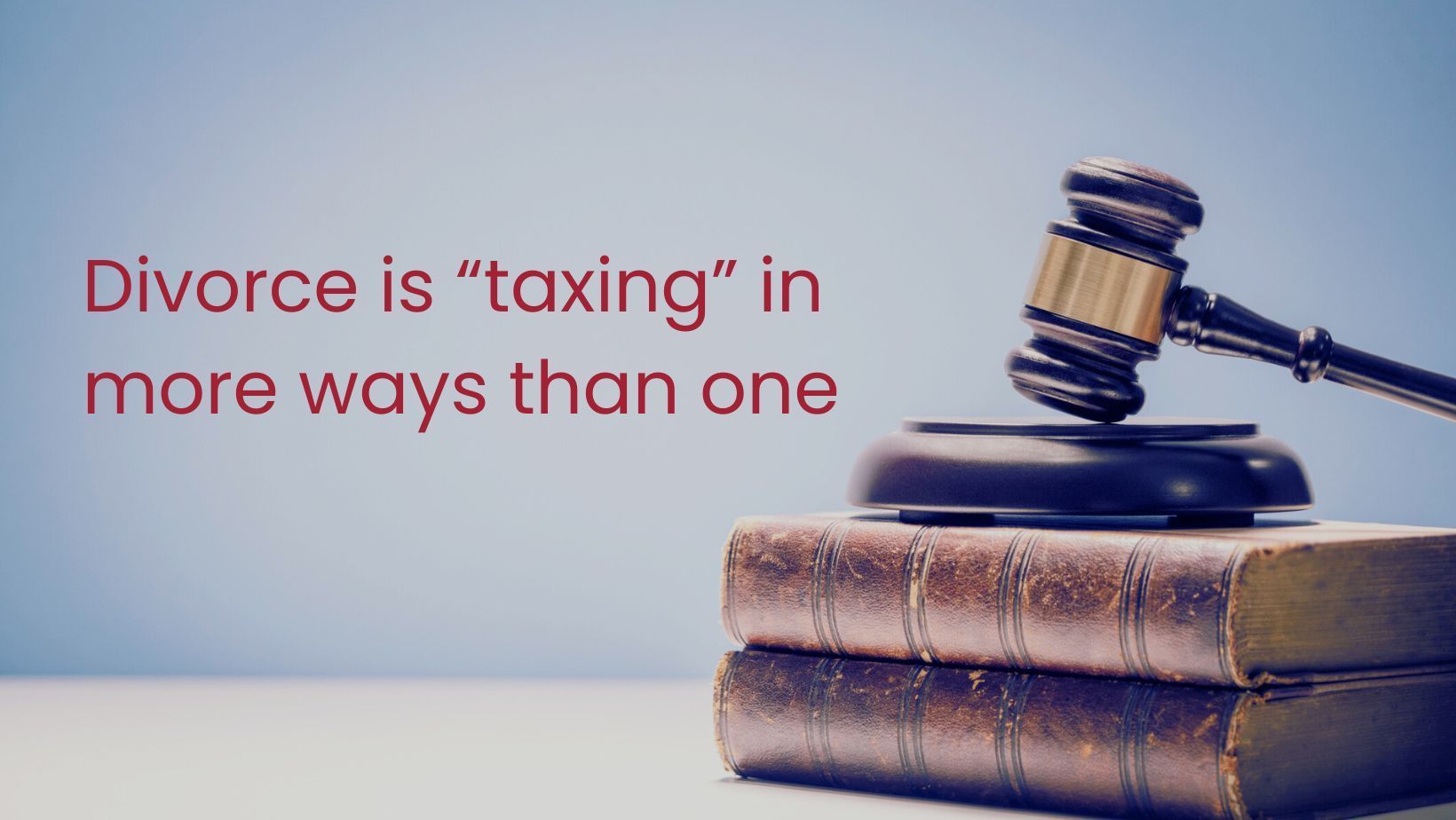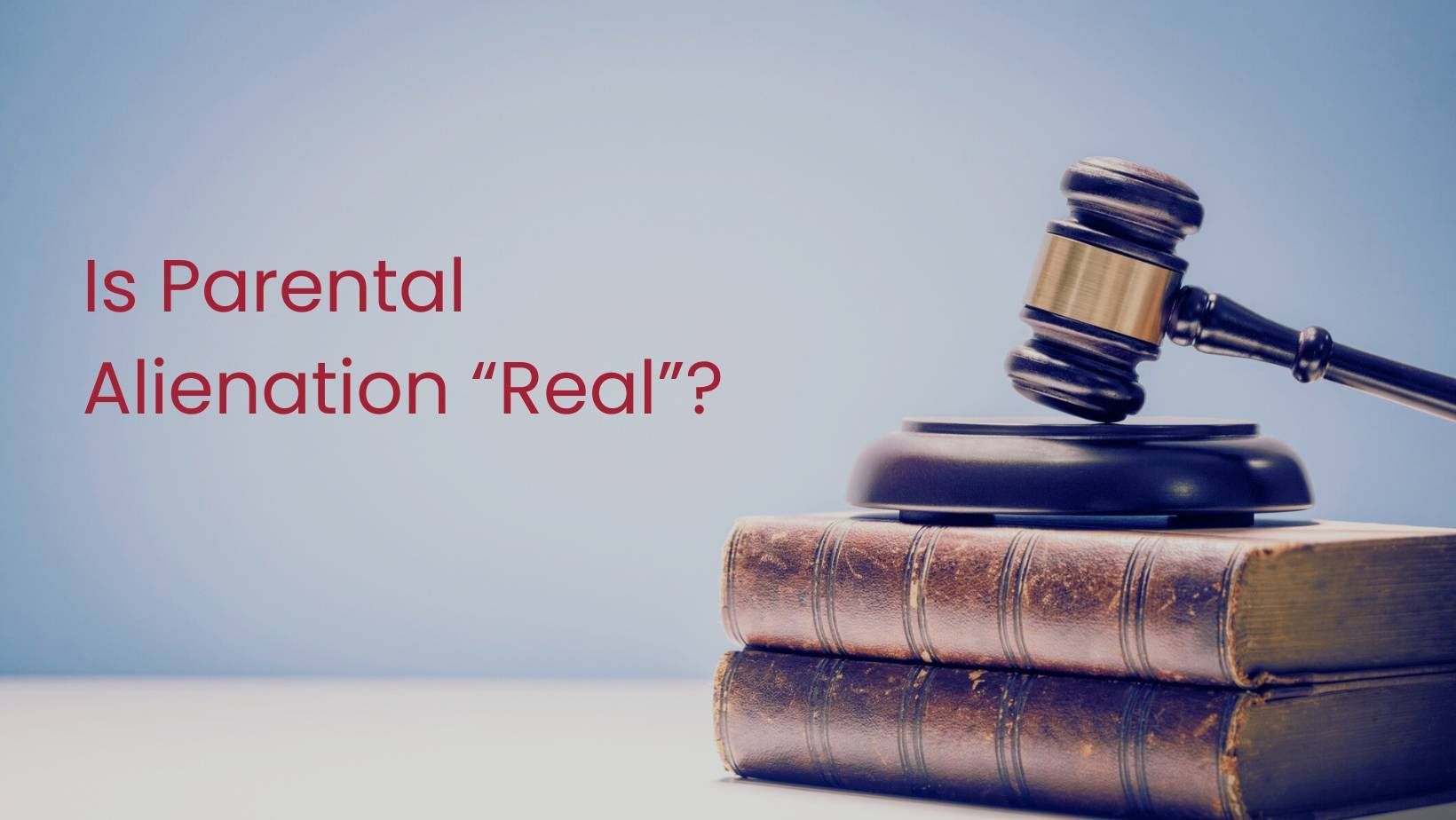“Ali-Money” aka Spousal Support
- By Daniel Gold
- •
- 12 Jun, 2024
- •

Spousal support, also known as alimony, can be a critical issue divorce proceedings Understanding factors that influence spousal support can help you navigate the process more effectively and ensure a fair outcome.
Types of Spousal Support
In California, there are two primary types of spousal support: temporary and permanent.
Temporary Spousal Support: This type of support
'is utilized to maintain the living conditions and standards of the parties in as close to the status quo position as possible pending trial and the division of their assets and obligations”
Permanent Spousal Support: Also known as long-term or post-divorce support, this is awarded
when the divorce is finalized. The duration and amount depend on a consideration of various factors outlined below.
Factors Influencing Spousal Support
California courts consider several factors when determining spousal support, including:
- Length of the Marriage: Generally, the longer the marriage, the longer the duration of spousal support.
- Standard of Living: The court aims to ensure that both parties can maintain a standard of living similar to that enjoyed during the marriage.
- Earning Capacity: The ability of each spouse to maintain gainful employment, considering their skills, job market, and time needed for education or training.
- Contributions to the Marriage: Non-financial contributions, such as homemaking and child-rearing, are considered when determining support.
- Age and Health: The physical and emotional condition of each spouse can influence the amount and duration of support.
- Financial Needs and Obligations: The court evaluates the financial needs of each party, including separate and community property that is confirmed to each party in the final divorce judgment.
- Tax Implications: The tax consequences of spousal support for both parties are taken into account.
Modification of Spousal Support
Spousal support orders can be modified if there is a significant change in circumstances. Examples include changes in income, employment status, retirement or health conditions. Either party can request a modification through the court.
Termination of Spousal Support
Spousal support may terminate under certain conditions, such as:
- The remarriage or cohabitation of the receiving spouse.
- A specified end date outlined in the support order.
- The death of either spouse.
Seeking Legal Advice
Navigating spousal support can be complex, and having
seasoned legal counsel is crucial to providing clarity and advocating when necessary.
Conclusion
Understanding spousal support is essential for anyone going through a divorce in California. Knowing the types of support, factors that influence decisions, and conditions for modification or termination can help you achieve a fair outcome. For personalized advice and assistance, contact me for expert guidance.
To learn more about my services, visit my services page.
Call: 949-756-0684
Email: dgold@tldlaw.com
Disclaimer
This information outlines a few of the concepts that surround spousal support in the State of California. It is not intended to be, nor should it be construed as legal advice for any particular situation. Please seek advice from TLD Law or your personal attorney in your state or jurisdiction.

Divorce brings significant changes to your financial situation, and understanding the tax implications is crucial to avoid unexpected liabilities and maximize your financial health. From filing status to the division of assets, knowing how divorce impacts your taxes can help you plan effectively for your post-divorce life.

Grandparents can seek custody or visitation in California, but the process is not straightforward. Courts prioritize the child’s best interests while balancing parental rights, so proving that grandparents’ involvement is necessary requires careful legal navigation. For personalized advice and assistance with grandparents’ rights, contact me for expert guidance.

It is striking how far things have some since I was sworn in as an attorney in 1993. I remember the “dawn” of domestic partnerships in California and its evolution to becoming something akin to marriage “lite”; when many other states, and the Federal government did not choose to give legal recognition to same sex relationships.How far things have come since those early days.







